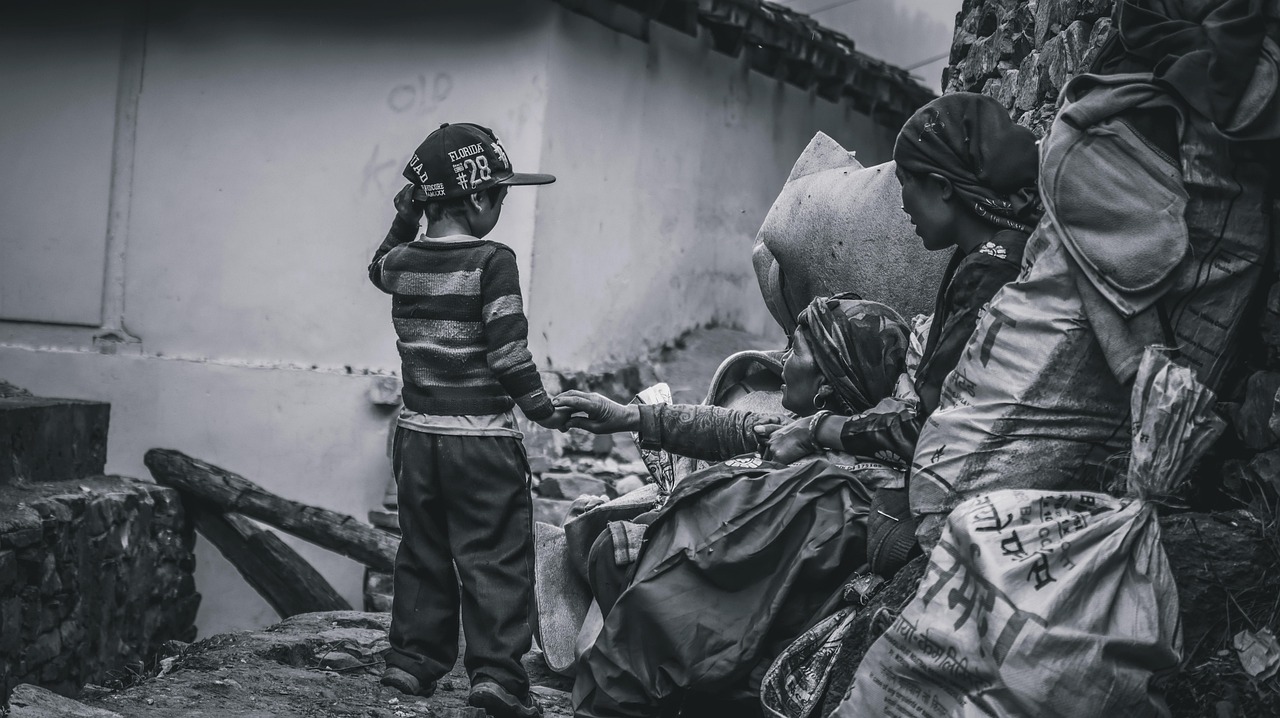Context and Issue:
Cape Verde has made significant progress in education, achieving a schooling rate of 92.4% in 2021 and a literacy rate of 88.5% in 2019. However, challenges remain regarding education quality, dropout rate, relevance, and inclusion, particularly for vulnerable groups such as children with disabilities, immigrants, and those from low-income families. Despite the progress made, disparities in access to quality education persist, highlighting the need for targeted interventions to ensure that all children can benefit from educational opportunities.
Solution:
The "One Voice for Inclusive and Quality Education" project aims to strengthen advocacy efforts to influence quality education, resilience, and sustainability in Cape Verde. This initiative focuses on monitoring and evaluating the state education budget to ensure accountability and transparency. It seeks to improve school attendance and reduce dropout rates while promoting free and compulsory pre-primary education. Additionally, the project emphasizes enhancing accessibility for people with disabilities, ensuring that educational institutions are inclusive and accommodating for all students.
Impact:
While specific quantitative data on the project's outcomes is not readily available, the initiative has led to several positive developments within the education sector in Cape Verde. It has increased accountability among members of the Cape Verdean National Education Coalition and raised awareness about the importance of inclusive education, which has resulted in policy changes at various levels.












